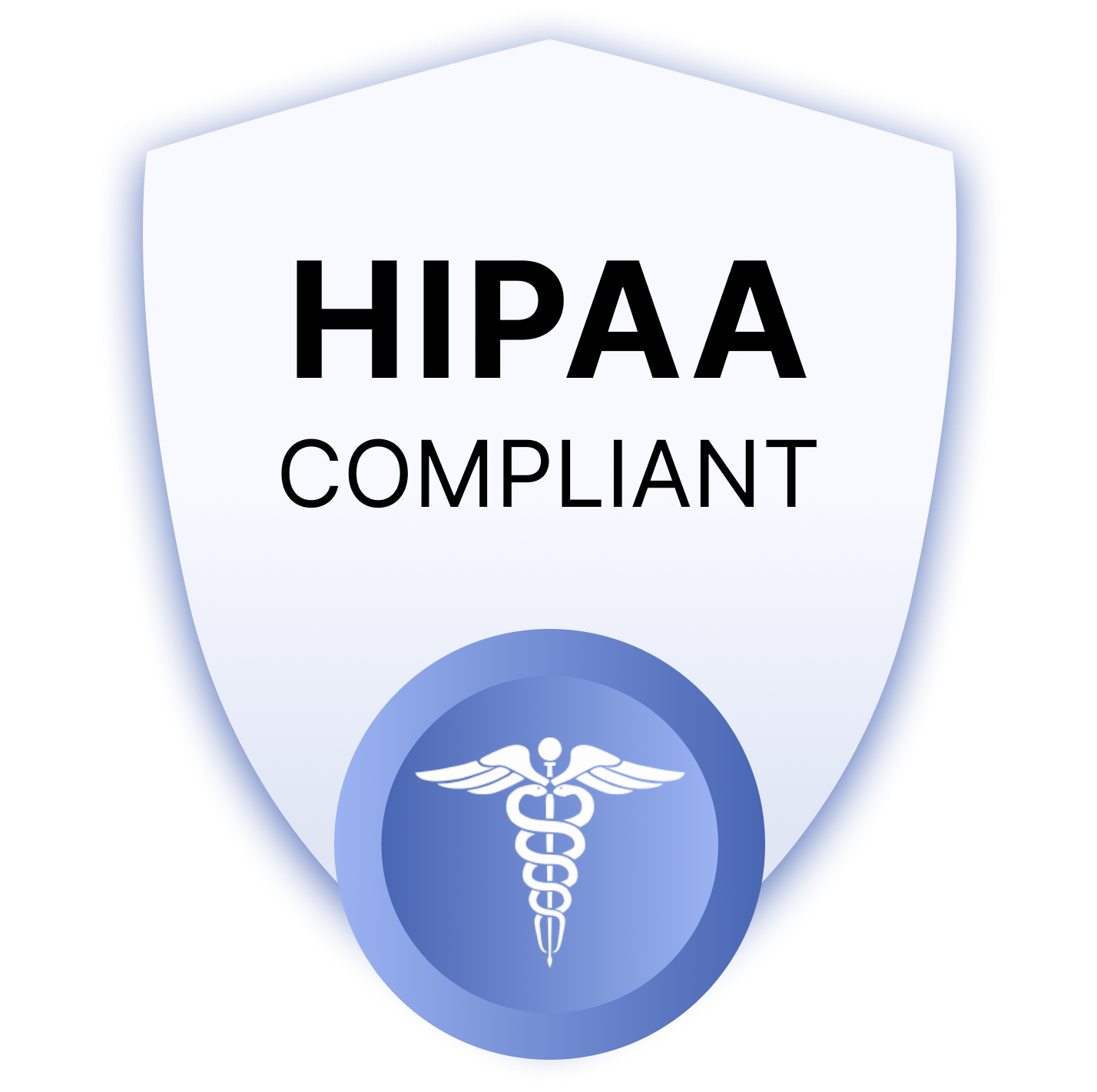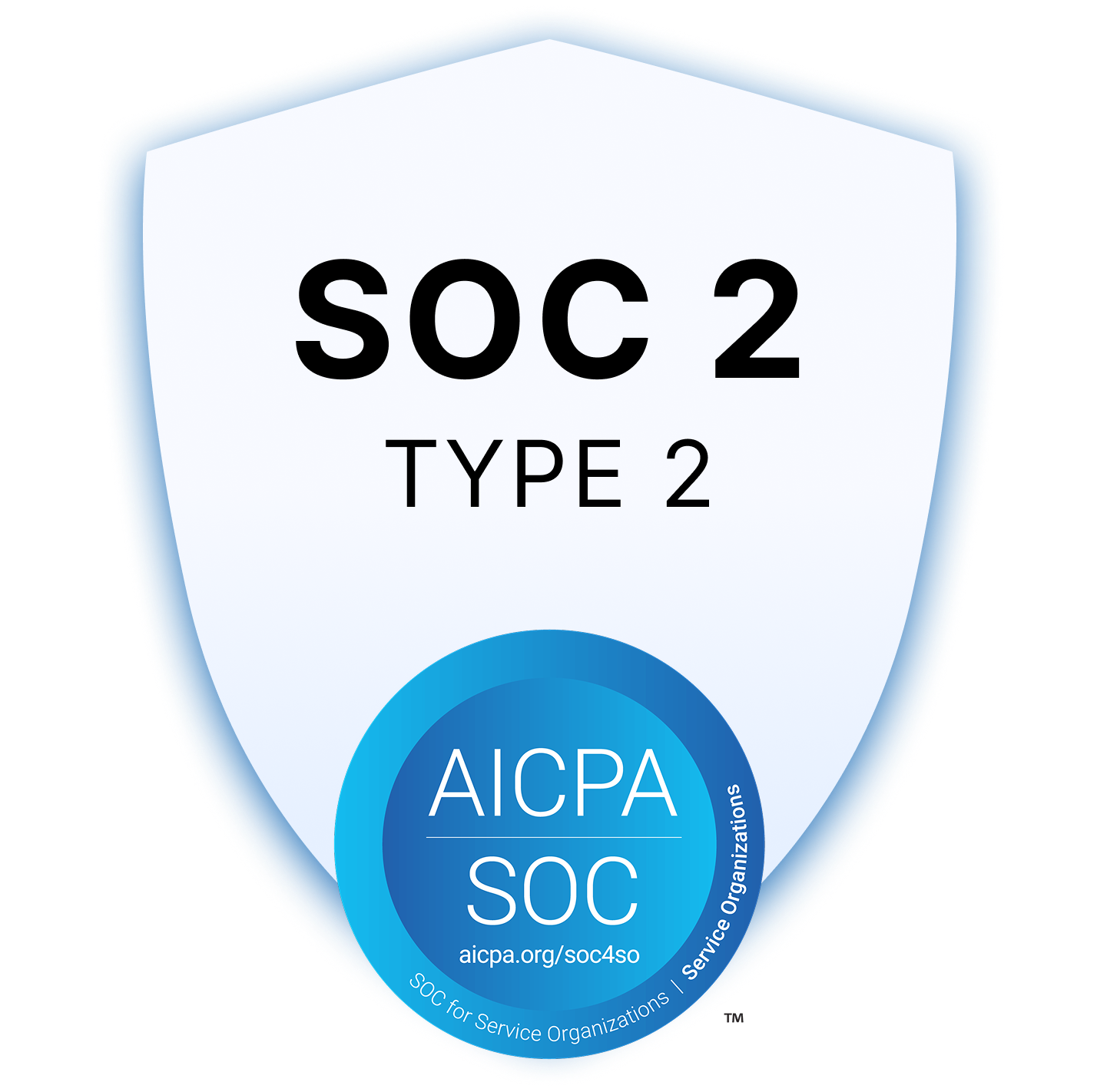
7 mins
Healthcare Sales Strategies That Actually Work in 2026
Summary
Your Competitors Are Embracing AI – Are You Falling Behind?
Healthcare sales strategies from five years ago no longer work. The healthcare industry has transformed since 2020, creating new challenges and opportunities for sales professionals.
Modern healthcare buyers want consultative partnerships and data-driven solutions that directly solve their problems. To stay competitive, your strategy must evolve. This piece shares what’s working for healthcare sales teams in 2026: how the landscape has changed, which strategies deliver results, and which tools drive efficiency.
Understanding the 2026 Healthcare Sales Landscape
The healthcare sales world today looks nothing like it did before the pandemic. Market consolidation, value-based care, regulation shifts, and persistent staff shortages have reshaped how sales teams operate.
When talking about sales in healthcare, the region or healthcare market matters less than one might think. The fundamentals remain the same whether you work in the EU, US, UK, or DACH regions. Regulations differ, but the guiding principle is that sales professionals should not have access to the same information doctors have. Healthcare sales should comply with the minimum required standards, such as GDPR and basic consent frameworks, while focusing on ethical, transparent processes that build trust.
Similarly, healthcare segments, whether pharma, medtech, hospitals, digital health, biotech, or insurance, may vary in product and regulation, but the sales process truly defines success. Regardless of the segment, every company must demonstrate viability, functionality, and profitability. The key to scaling a healthcare sales organization lies in learning from your best-performing sales reps and turning their methods into repeatable processes through technology and coaching.
The Role of Digital Transformation
Digital transformation defines healthcare sales success in 2026. AI-powered analytics predict buying intent, and immersive virtual demos replace basic calls. Sales teams build informed, data-driven pitches that tie product benefits to a provider’s strategic metrics.
As Jaqueline Ferdinand from Demodesk explains:
“The AI coach provides sales coaching to everyone at scale. It’s not a tool to control you but to support you during your daily work. The AI Assistant module transcribes all of your recorded meetings, summarizes them automatically afterward, and syncs the summary automatically to your CRM. This way, you can focus on what matters most—building trust, delivering value, and driving better outcomes for your healthcare clients.”
AI and automation do not eliminate jobs; they empower sales teams to work smarter. This also includes CPQ solutions that automate configuration, pricing, and quoting for complex healthcare offerings, helping teams generate accurate proposals faster. People still want to buy from people, and technology exists to support, not replace, authentic human connection.
Sales Motion and Challenges
Sales in healthcare are unlike any other industry. They involve long cycles, multi-stakeholder deals, strict compliance requirements, and the need for clinical evidence. Each demands a defined process behind it.
That’s why it’s increasingly valuable to work with a revenue intelligence platform that helps standardize steps, ensure consistency, and surface insights across deals. With such tools, teams can also easily identify which parts of the funnel (qualification, demo, compliance review, or contract stage) are most complex to move forward.
Revenue intelligence gives leaders visibility into honest conversations, helping them refine playbooks, discover bottlenecks, and replicate top-performer behavior across the team.
Best Practices for Healthcare Sales
1. Privacy, Consent, and Compliance by Design
Privacy and trust are the foundation of healthcare sales. Obtain explicit consent for all recordings and data processing. Use visible consent banners and opt-in flows before recording meetings to ensure GDPR and DSGVO compliance.
Implement role-based access controls so only authorized personnel can view recordings or transcripts. Maintain robust data retention and deletion policies, defining clear retention periods and providing options for on-demand deletion.
Finally, compliance and data protection officers should be involved early. Sales and legal teams should work hand-in-hand to align on privacy standards and reinforce confidence with healthcare stakeholders.
2. AI-Driven Coaching, Summaries, and Enablement
AI-driven coaching transforms healthcare sales enablement. Use AI to provide instant, personalized feedback after each call, standardize performance evaluations, and identify coaching needs across the team.
Automate meeting transcripts and summaries to ensure every conversation is captured and synced automatically to your CRM for accuracy and auditability. Leverage multi-meeting insights to identify patterns, recurring objections, and success factors, then curate best-practice libraries for onboarding and training.
These capabilities make it possible to scale what your best reps do naturally, without sacrificing personalization or quality.
3. Structured, Data-Driven Sales Processes
Consistency is key in healthcare sales. Adopt standardized frameworks like MEDIC or SPICED to guide qualification and discovery. Automate CRM data capture so every AI-generated summary translates into actionable data fields.
Segment meeting types—discovery, demo, or follow-up—and create dynamic playbooks with tailored agendas. Use smart routing and scheduling to match the right specialist to each engagement, optimizing resources and improving conversion rates.
Strategy 1: Build Trust Through Personalized Outreach
In healthcare sales, trust beats tactics. Buyers respond to tailored, empathetic outreach grounded in genuine understanding. Personalized communication signals respect for time and expertise.
Do your homework before contacting prospects. Reference leadership changes, new quality metrics, or local initiatives. Adapt case studies to the organization’s goals. Follow up with targeted insights, not templates. Timing also matters—reach out when new guidelines or funding cycles create natural openings.
Always handle data with care. Use de-identified or synthetic examples to stay compliant, emphasizing how your product protects patient privacy. Responsible data practices reinforce your credibility as a trusted partner.
Strategy 2: Leverage CRM Automation
Automation has become a lifeline for healthcare sales teams managing long, complex cycles. Modern CRMs like Salesforce Health Cloud, HubSpot, and Veeva CRM streamline communication, maintain compliance, and centralize insights.
Automated workflows sustain relationships through months of approvals. They trigger follow-ups when prospects engage with content or complete actions. They also automatically send meeting summaries, educational updates, and reminders while keeping the tone human.
Track engagement closely. Analytics reveal who opens messages, how long they spend on proposals, and when they are most responsive. These insights shape your outreach strategy and improve conversion rates. Automation does not replace human connection, it enhances it.
Strategy 3: Focus on Long-Term Relationship Building
In healthcare sales, the signature is just the beginning. Successful sellers think like long-term partners, not one-time vendors.
Consultative selling replaces transactional approaches. Ask thoughtful questions about workflow, goals, and patient care priorities. Listen more than you speak. Build value with regular updates and strategy sessions that show commitment beyond the sale.
Partnerships thrive when you help clients adapt and grow. Deliver insights that improve efficiency, not just upsell opportunities. When clients view you as part of their team, loyalty and advocacy follow naturally.
Strategy 4: Use Data to Drive Smarter Sales Decisions
Data-driven decision-making defines high-performing healthcare sales teams in 2026. Focus on meaningful metrics like conversion rates, customer lifetime value, and time-to-value rather than activity counts.
Predictive analytics help identify which prospects are ready to buy and when to engage. Healthcare-specific models account for reimbursement cycles and regulatory shifts, enabling precise forecasting.
Align team goals with insights from your data. When salespeople see how their actions directly support company growth, performance improves, and strategy becomes measurable.
Conclusion
Healthcare sales in 2026 demand adaptability, empathy, and precision. Region and segment matter less than the process behind every interaction. Sales professionals who focus on privacy, structured enablement, and consistent coaching can sustainably scale success.
Personalized outreach builds trust, CRM automation maintains engagement, long-term relationships foster loyalty, and AI-driven insights turn data into strategy.
The industry’s complexity creates both challenges and opportunities. Success belongs to those who combine consultative selling with technology and a deep understanding of healthcare’s realities.
Examine your current sales approach. These strategies will help you strengthen trust, optimize performance, and create lasting value for healthcare clients in 2026 and beyond.
Unlock 300+ integrations with no hidden fees, bespoke rewards, and dedicated support
Related Articles
Related Articles









